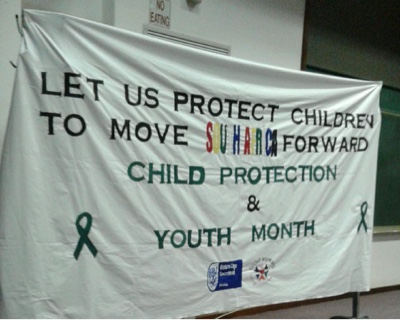Tips for a job interview: Mind your language.
 |
Mind your language in a job interview. I have observed many interviews for teaching positions where the candidates use a language register or style that disadvantages them in an interview.
Using technical language inappropriately
During an interview, the interview panel or committee has to understand what you are saying. They have to evaluate your response and award a rating. If the panel does not understand you, then you are going to be the loser.
Let’s get back to my example of a teaching job interview. In South Africa, for example, school governing bodies are responsible for the recruitment and selection of teachers. Usually, the selection and interview committee consists of parents who are not in the education sector. They often do not understand the academic terms and acronyms that we use freely in staff meetings or in teaching journals. Frankly, they will not be interested in your display of jargon that adds nothing to the situation.
You need to remember why you have been invited to the interview. Everybody in the room wants to benefit from the exchange. The interviewee wants to impress her competence and suitability for the post while the interviewer wants to find the best candidate for the job. Do not allow your language use to become the stumbling block.
Here are tips you can use to improve your language style for an interview:
Build your vocabulary for the interview
- Strive for simplicity and clarity.
- Find strong words to define technical terms that may be necessary to use. Eliminate all other terms that will be more of a nuisance than adding value to points you are going to make.
- Imagine that you have to explain your ideas to a child. When you practise with this picture in mind, you will find yourself searching for precise words to make your meaning clear. Rather struggle while you are rehearsing than to find yourself facing blank stares in the interview room!
- When you talk aloud, you will sharpen your thinking and your ideas will become clearer. You will also hear your own voice and intonation long before you enter the interview room.
- When you practice building your vocabulary like this, you will find that you won't become tongue-tied during the interview. You will have a rich word bank that will help calm your nerves as well.
Practice makes perfect. Have fun developing your language registers. The next post will focus on types of interview questions you will face.
Let us know how far you have progressed and pay this advice forward to someone who may just need this tip for a career-turning interview.


Comments
Post a Comment